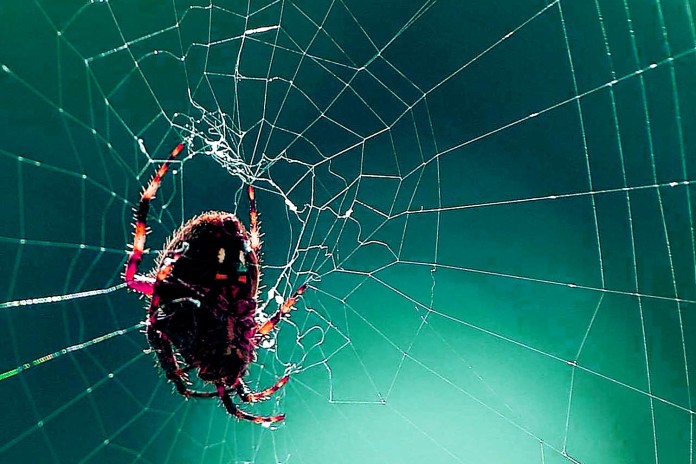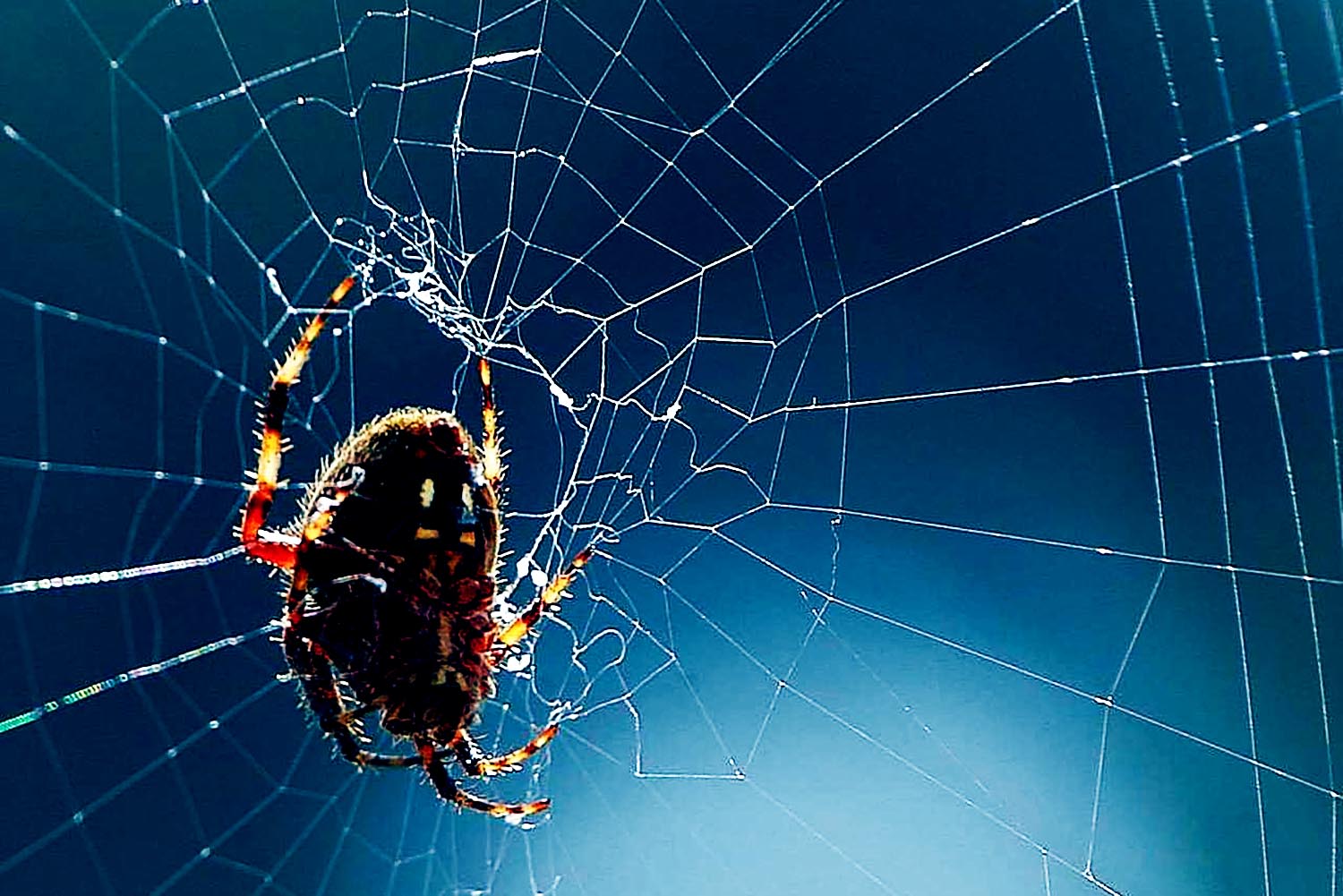
This title was indeed read correctly, spider webs can trap DNA. Spider webs usually are not welcomed by people, especially when they are present in homes, but as it turns out spider webs are in fact a perfect way of establishing spiders DNA.

THE PROCESS OF HOW SPIDER WEBS TRAP DNA
In the journal PLOS One, there was research published that featured the first collection of genetic material from spider silk. The team behind this is led by Charles Xu, from Notre Dame University, and they successfully extracted spider and cricket DNA from the spiderwebs. Xu stated how DNA will stay on the spider web for an extended period and that his team was able to extract it after 88 days. Xu went on to explain how there are several different ways of studying spiders and one of the best is beating on a tree until the spiders fall from it.
Xu said that a lot of DNA had to be made to study it and he said that the researchers used primers for probing. Xu stated that the primers caused the DNA to create millions of copies of itself. Xu has commented that he and his team are planning to go back in the woods so they can continue to study and work on spiders and spider webs.
WE CAN THINK DIFFERENTLY ABOUT SPIDER WEBS NOW
Many people will probably still be disgusted by the sight of spider webs, but this has revealed that they can do some good. Scientists are always trying to find out more information about other creatures and specimens. It is their job to try and find out more about the creatures that the world does not know much about. Now spider webs will still come across as gross and disgusting, but scientists will now look past that as spider webs could be the secret in finding out more about spiders and their prey. More research will no doubt be discovered in the future and the world will continue to get more information about these fascinating creatures. However, no matter how much information is discovered, spiders will always be creepy creatures that will continue to scare little kids and make adults feel like adolescents.

















